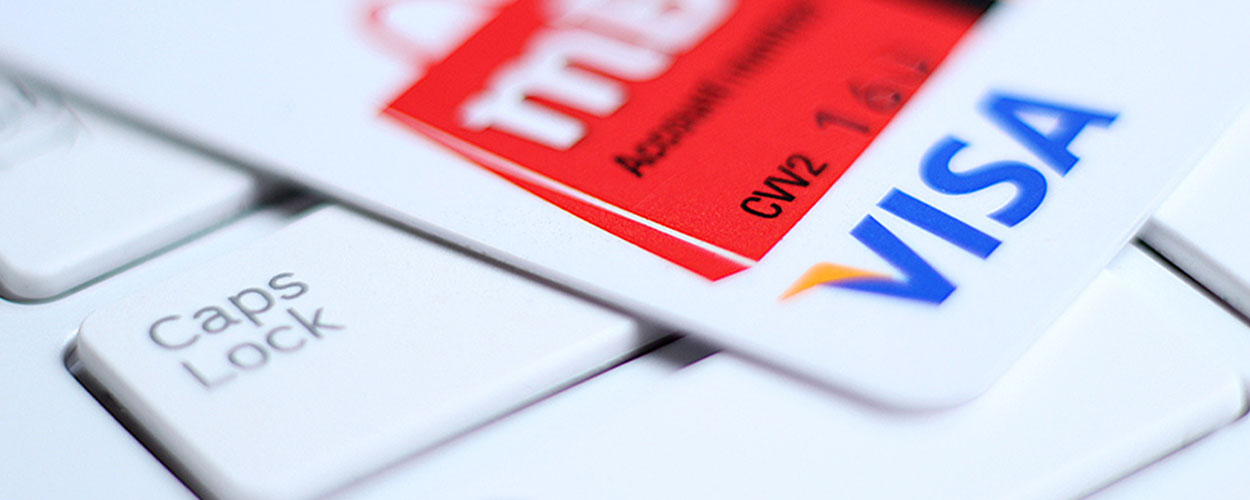More people than ever are shopping online. Even before the coronavirus pandemic, online shopping has been on the rise for years. And it isn’t hard to see why. Shopping online is faster, easier, and often cheaper than travelling to a physical shop. What’s more, with the UK moving in and out of lockdown, online stores can be the only way to get hold of the goods you’re after. The benefits of online shopping are clear. For those who are new to shopping online, here are some important safety tips. This article will help you avoid scams and keep your personal information (including bank details) safe.
What are the Benefits of Online Shopping?
- Convenience – Probably the biggest perk. Shops are open 24/7, there’s no queuing at the till, and you can be finished in minutes.
- Save money – Lots of shops offer online discounts. Comparing prices between shops is also much easier online with tools like Google Shopping.
- More variety – Compared to physical shops, online stores can offer bigger ranges of products. This means more colours and sizes in clothes, for example.
- Sending gifts is easier – Have Christmas and birthday presents sent directly to your loved ones. Most shops also offer gift wrapping services for a small fee.
- No crowds – There is no rush to find a parking space or catch a bus. Plus you can shop at a leisurely pace, without feeling hurried.
- Safety – During the COVID-19 pandemic, it’s far safer to shop online from the safety of your home.
How to Stay Safe When Shopping Online
Nowadays, lots of older people are using the internet, but many are unfamiliar with online shopping. Here are 3 ways to stay safe when shopping online.
Research the website before purchasing
There are thousands of websites to choose from and whilst the vast majority are legitimate, there are some fraudulent ones too. Therefore, it’s important to do a little research before buying. This can be as easy as doing a quick Google search of the shop’s name. You’ll be able to find reviews of the website, which will give you a good indication of whether it’s genuine. If no reviews appear, or customers have left negative feedback, it’s best to steer clear.
Check the Policies
When purchasing from an online store, it’s good to know the delivery times and where the item is being sent from. Most websites will provide an average delivery time and whilst delays are always possible, it’s useful to have an estimate. Depending on what you’re ordering, most UK-based sellers should be able to deliver within a week. You’ll normally be able to pay a little extra for express delivery if you need something delivered as quickly as possible.
It’s equally important to know what the returns policy is. All reputable online shops should make their returns policy easy to access. If you can’t find it, try getting in touch to request it. If it isn’t available at all, this is a big red flag. When looking at a returns policy, check whether you can get a refund if your product arrives damaged or delayed.
Make Sure the Website is Secure
Our next tip will help you keep your personal information safe while shopping online. Only ever put your card details into a secure website. Here are a few key signs which will tell you whether a website is secure or not:
- Padlock Symbol – Look for a padlock symbol in the browser next to the website address. You can click on the padlock for more information.
- Website Address – The address should start with “https://” This letter S stands for secure.
- Valid Certificate – Websites that offer secure payments need a security certificate. To view this, click on the padlock symbol to check the seller is who they say they are.
Tips for Online Shopping
Finally, here are some general tips to help you stay safe while shopping online.
- You will never need to enter your PIN while shopping online. However, you may need to enter the CVV (the last 3 digits on the back of your card).
- If you see a pop-up warning about the website’s security certificate, be careful. This pop-up may take them to a fake website where someone else may have access to the information being used.
- Try to stick with reputable, well-known retailers. For example, many high street shops like Marks and Spencer and John Lewis have online stores.
- If a discount looks too good to be true, it most likely is.
- If the website requires you to log in, be sure to log out when you’re finished, especially if you’re using a shared computer. This means that anyone using the computer afterwards can’t access any information.
- Lastly, credit cards can be a safer option when shopping online, particularly for purchases of over £100. This is because the seller and credit card company are equally liable if anything goes wrong or the seller has misrepresented its products.
If you’ve found this article helpful, why not share it with an elderly loved one and help them start shopping online?
Staying Safe at Home
Now you know how to stay safe when online shopping, why not turn your attention to your home? If you feel that you or someone you know could do with a little extra reassurance at home, our personal alarms could be the ideal solution. With a Careline alarm system in place, you’ll be able to call for assistance with just the touch of a button. You’ll have 24/7 access to our expertly trained Care Team who can respond quickly and send help directly to you. Learn more by reading our in-depth guide, or by getting in touch with our Customer Service Team on 0800 101 3333 or via email info@careline.co.uk.
When you’re ready, order your Careline alarm online and put your online shopping knowledge to good use! You can also order over the phone on 0800 101 3333
Note: We updated this article on 19/01/2021 to include the latest information.
It was first published on 21/02/2019.
Choose Your Personal Alarm
To help you choose, start by selecting where you would use your personal alarm. In home only or at home and on the go.













Leave a Reply